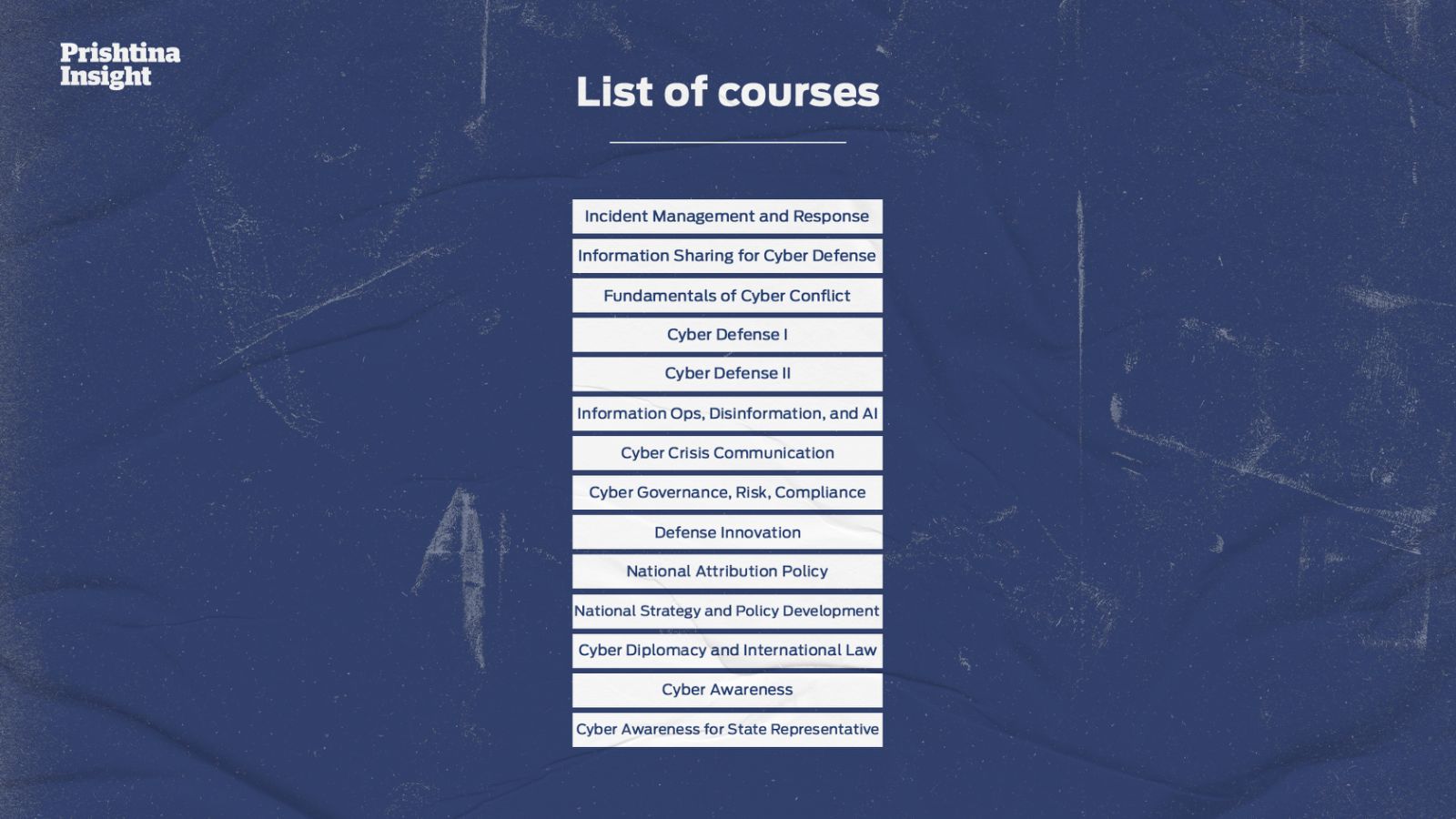

Newly formed state training centre for cyber security seeks to improve state institutions' capacities in combating cyber attacks.
The recently established State Training Centre for Cyber Security aims to improve the limited cyber security capacities of Kosovo’s public officials in order to address specific risks of cyber attacks.
Bashkim Sejdijaj, commander of the Cyber Defence Unit within the Ministry of Defence, told BIRN via email that the centre, which started work on March 12, 2024, “will offer training in order to raise awareness for risks in the field of cyber security, to improve professional skills and help raise the level of cyber security in the country, including working with government institutions, operators of essential services and digital service providers to increase capacities for the protection of critical infrastructure”.
A test carried out by the Ministry of Internal Affairs in late April 2024 revealed that officials of the country’s public institutions easily fall prey to simple cyber fraud.
The Ministry announced that it carried out the test by sending a link to the officials, most of whom clicked on it without verifying if the email was official or not.
Isuf Deliu, a Norway based cyber security expert from Kosovo, says the centre, although “a little late compared to the countries of the region,” is an appropriate action by the country to take.
Nonetheless, Deliu stated that it should “be included within a wider spectrum, in the framework of the national strategy for cyber security, not as a separate step”.
Commander Sejdijaj indicated that the curriculum of the Center has been approved by the minister and represents an essential element in the implementation of the State Cyber Security Strategy.
“The curriculum includes fourteen training courses, five of them are followed by practical exercises as well as two TTX table exercises (simulated disaster scenario),” Sejdijaj explained.

According to Sejdijaj, the legal framework establishes that the lecturers will be of four types: Permanent lecturers who are selected based on an open competition; internal staff within the civil and military personnel of the Ministry of Defence and the Kosovo Security Forces; external trainers who are experts in the field outside the state institutions; and international trainers who are experts and not citizens of Kosovo.
Cyber security expert Deliu believes that, in terms of human resources, the Kosovo government should have a plan to also make use of diaspora.
“I believe that individually each of us who are of Kosovo origin and who live abroad, would gladly help the government and any institution that needs it. This should come from the government. These things must be arranged in advance” Deliu said.
However, competition with private sector salaries poses a significant problem for the provision of digital services for Kosovo public institutions.
According to Deliu, it is very common for the state to be unable to compete with the private sector in terms of salaries. Besides pay, there is another obstacle of not being able to find experts willing to work for a state institution in Kosovo due to a lack of motivation and impact. An expert cannot “motivate themselves to work for the state as they see that their work is not implemented in practice,” Deliu said .
11 June 2024 - 11:30

Seven suspects were arrested for administering and contributing to a g...

Kosovo officials claimed that the governmental websites had come under...

As Kosovo undergoes digitalization, experts stress that it is imperati...

Embarking on a mission to digitize public services by 2030 is imperati...

A cyber-attack on Kosovo Telecom on Tuesday was only the latest in a w...